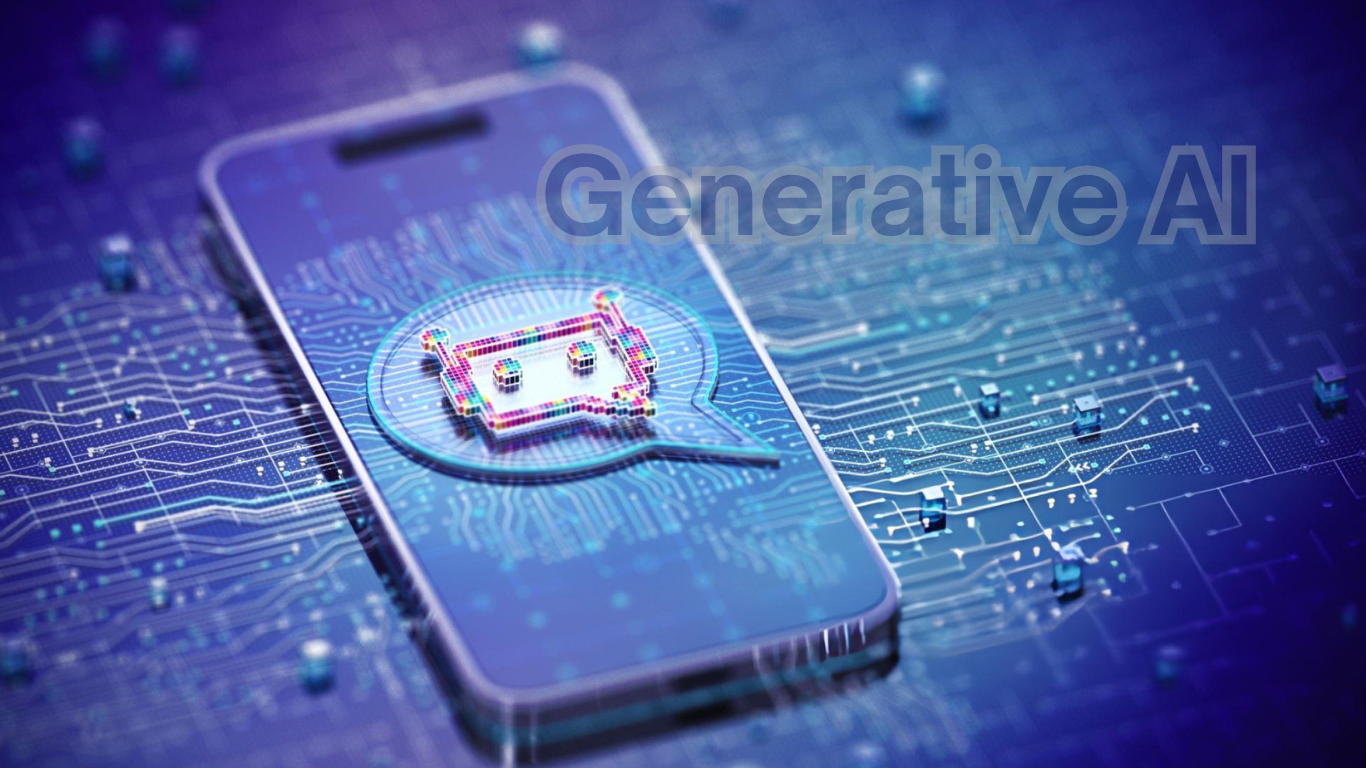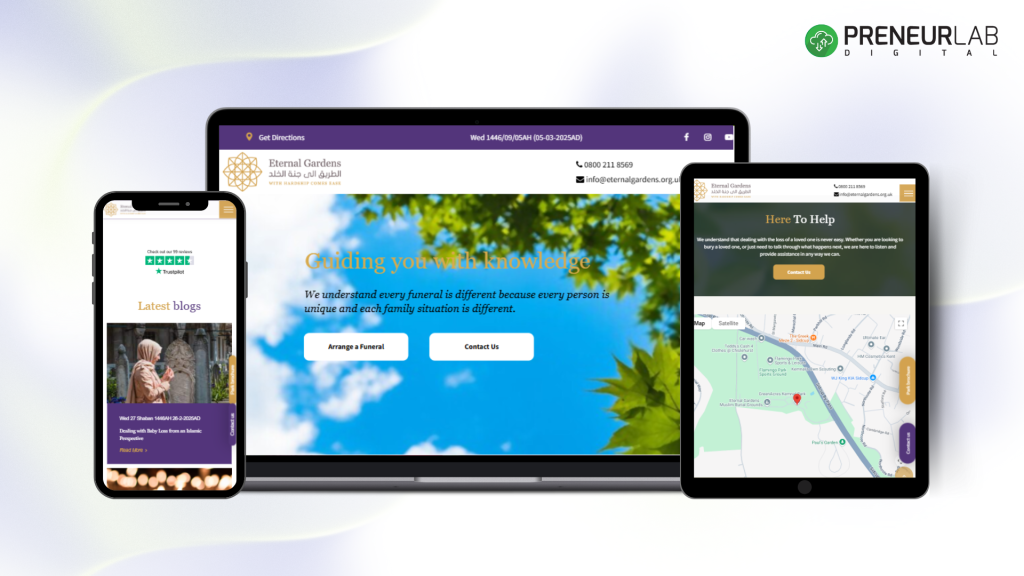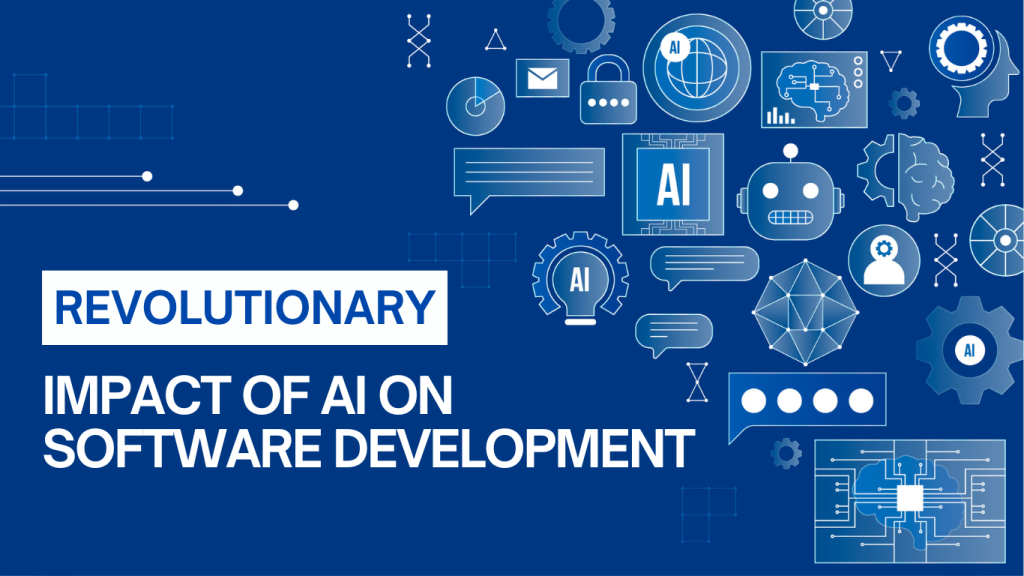In today’s digital world, customers expect instant, accurate, and personal responses when they reach out for support. Gone are the days when customers were happy to wait in line or be on hold for hours. Businesses need to adapt to this demand and every query needs to be answered quickly and effectively. The question is how can businesses scale their customer support without overwhelming their resources?
Enter generative AI. With the ability to process massive amounts of data, respond in real-time and learn from past interactions generative AI is changing the way businesses handle customer support. It doesn’t just give quick answers – it generates intelligent and personal solutions on the spot so every customer feels heard and valued.
Let’s see how generative AI is changing real-time customer support and why it’s no longer a competitive advantage but a necessity.
The Challenges of Traditional Customer Support Systems
Real-time customer support can be a logistical nightmare for businesses especially when using traditional methods. Whether it’s phone calls, emails or live chat there are inherent limitations that can impact both the customer experience and the business’s operational efficiency.
Limited Scalability
One of the biggest problems with traditional support methods is scalability. As businesses grow so does their customer base. The more customers there are the more queries there are to be answered. Expanding support teams to meet this demand is expensive and time consuming and makes it hard to ensure every customer gets prompt service.
Human Error
While human agents are essential for customer support, they are prone to mistakes especially when faced with repetitive tasks or high pressure situations. Miscommunication, missed details and inconsistent information can lead to a bad customer experience. The time spent correcting errors only delays the support process and frustrates customers and lowers satisfaction rates.
Inconsistent Responses
When dealing with multiple agents or support channels it’s hard to maintain consistency in responses. Different agents will give different answers to the same question and confuse the customer. This inconsistency not only frustrates the customer but also damages the company’s reputation.
Response Time
With customer expectations growing the need for instant responses is critical. A Forrester Research study found that 73% of customers say that valuing their time is the most important thing a company can do to provide good service. Traditional support systems clogged with queues and wait times can’t deliver real-time answers.
These aren’t just problems – they impact customer satisfaction, loyalty and ultimately the bottom line. Businesses that can’t keep up with the growing demand for fast and accurate support will lose customers to competitors who offer more streamlined and efficient solutions.
The Consequences of Failing to Provide Real-Time Support
Not addressing customer issues in real-time has far reaching consequences across a business. Let’s look at how this plays out in real life:
Loss of Customer Loyalty
Customers expect fast and accurate support. When they don’t get it they go to competitors who can do better. According to PwC 32% of customers will stop doing business with a brand they love after one bad experience. Not addressing customer issues in real-time means loss of customer loyalty and in today’s competitive market it’s hard to win them back.
Increased Operational Costs
Businesses that rely on human agents often find themselves with inefficiencies and increasing operational costs. When customer issues are handled manually it takes more time and effort to resolve each inquiry. More personnel means more labor costs. If customer inquiries are repetitive or simple the inefficiency becomes even more apparent.
Decreased Agent Morale
Customer support agents are often swamped with repetitive low value tasks such as answering common questions or troubleshooting simple issues. This leads to agent burnout and decreased job satisfaction. When agents are bombarded with high volumes of inquiries their performance suffers and their ability to handle more complex or high priority cases diminishes.
Missed Business Opportunities
Not addressing customer issues in real-time means missing out on opportunities to upsell, cross sell or offer additional products and services. Real time support not only fixes customer problems but also enhances the overall customer experience and revenue.
How Generative AI Transforms Real-Time Customer Support
Generative AI is a game changer for real time customer support. It uses advanced algorithms to understand and respond to customer questions, generate accurate and context aware responses and learn from interactions to get better over time.
Scalability without extra cost
One of the biggest benefits of generative AI is its ability to scale. AI chatbots can handle thousands of customer questions at the same time, provide real time support without the need for extra human agents. So businesses can handle peak times and high volume of queries without overwhelming their support teams or increasing costs.
Consistency in responses
Generative AI ensures customers get the same information every time they interact with support. The AI can be trained to follow specific guidelines so it provides accurate, fact based answers that match company policies. This consistency builds trust with customers and they get the same quality of service no matter when or where they interact.
Learning and adapting over time
One of the biggest benefits of generative AI is that it can learn and get better over time. As it processes more queries, the AI gets better at understanding customer intent, generating better responses and providing more accurate solutions. This learning ensures the AI keeps evolving and gets better as it interacts with more customers.
Faster response times
Generative AI provides instant responses, reduces wait time to near zero. Since the AI can process and analyze huge amounts of data in seconds, it can provide answers to customer queries in real time, resulting in faster resolution and higher customer satisfaction. This is a game changer in e-commerce where customers expect real time support during their shopping experience.
Freeing up human agents for complex issues
While generative AI handles the routine queries, human agents can focus on complex or emotionally charged issues. This not only improves the overall efficiency of the support team but also ensures customers get personalized attention when they need it. AI takes care of the repetitive, time consuming tasks, while human agents provide the empathy and creativity that only humans can.
Real-World Impact of Generative AI in Customer Support
Companies across industries are already seeing the benefits of generative AI in real-time customer support. Here are a few examples of how generative AI is changing customer support:
E-Commerce
An e-commerce company implemented generative AI chatbots to handle common customer questions like order tracking, product info and return policy. The chatbot was able to answer 85% of questions without human intervention, reducing support team workload and increasing customer satisfaction by 30% due to faster response times.
Banking and Financial Services
A global bank added generative AI to its customer support platform, so customers could get info about their accounts, transaction history and loan options via a chatbot. The AI was trained to handle both simple and complex financial questions, reducing response time from 20 minutes to under 2 minutes and increasing customer satisfaction by 25%.
Telecommunications
A telecom company used generative AI to help with technical support questions like troubleshooting internet connectivity and managing customer accounts. The AI reduced resolution time by 40% so human agents could focus on more complex, technical issues that required manual intervention.
The Future of Real-Time Support: Why Generative AI Matters
As customer expectations go up, real-time support will only get more important. Generative AI is a must-have for businesses that want to stay ahead of the curve. Its ability to scale, learn and deliver consistent high-quality support makes it an essential tool for any business that wants to improve customer satisfaction, reduce costs, and optimize support operations.
Benefits of Generative AI for Support
- Increased Efficiency: By automating routine tasks, generative AI takes the workload off human agents and gives customers quick and accurate answers.
- Cost Savings: AI-driven support solutions mean no need for large customer service teams, resulting in big savings on labor and operational costs.
- Improved Customer Satisfaction: Faster response times and accurate solutions = higher customer satisfaction and loyalty.
- 24/7 Availability: Generative AI is always available, so customers can get help whenever they need it.
Generative AI Is the Future of Customer Support
The importance of generative AI for real-time customer support cannot be overstated. In a world where customers demand instant, accurate, and personalized responses, businesses must adapt to stay competitive. Generative AI not only meets these demands but also enhances the overall customer experience by providing consistent, scalable, and efficient support.
By integrating generative AI into their support strategies, businesses can reduce costs, improve customer satisfaction, and free up human agents to focus on high-value interactions. In the end, it’s not just about providing fast responses—it’s about delivering the kind of support that keeps customers coming back. And with generative AI, that future is already here.




